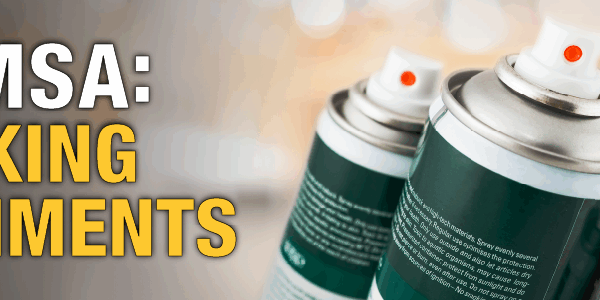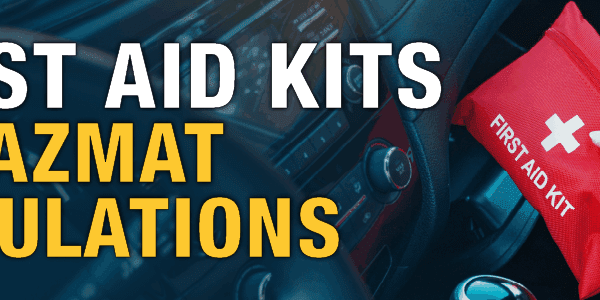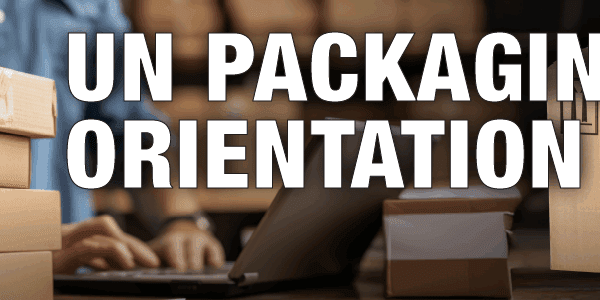
How serious IS the Coronavirus, and what lessons can we take from our history?
From Italian soccer games being postponed, the NHL suspending employee travel, to our various health agencies scrambling to release information bulletins in attempts to limit the spread of the COVID-19 (Coronavirus). What is next?
In the past 100 years there have been five prior influenza pandemics; Spanish flu; Asian influenza; Hong Kong influenza; SARS; and H1N1.
In a world that is progressively more open to mass movement of population travel (i.e. air travel), an influenza pandemic arises. I am reminded of the stories told to me about the 1918 pandemic “Spanish flu” which killed an estimated 40 to 50 million people worldwide. Quite interestingly that although quick travel was not available at that time, it was the end to WWI and with the mass displacement of population the Spanish flu spread. Cramped hospitals and ships returned troops and refugees back to their home countries carrying the strain.
Just shy of 40 years later in 1957 the Asian influenza came in killing 2 million people. With the knowledge and medical advancements, they were able to decrease this death toll to 1 million in 1968 when the Hong Kong influenza hit. These recent medical advancements have helped in the treatment, prevention, and the decline of influenza deaths, including the SARS and H1N1 pandemics. But how has the COVID-19 now surpassed the 2003 SARS outbreak? Is this a warning? If we are not careful will it continue to increase? What can we do?
Individuals and us, as a collective society, need to follow these helpful principles:
- Avoid public places if you suspect you are sick
- If you feel the need to travel, DON’T
- Wash your hands regularly for at least 30 seconds
- Avoid touching your face (which is much harder than you may think – check out some memes online! https://www.washingtonpost.com/nation/2020/03/05/coronavirus-officials-touch-faces/)
- Keep your workplace clean, have SOPs to sanitize phones and door knobs
- Use CDC recommended hand sanitizer of at least 60% alcohol (not all alcohol-free sanitizers work effectively)
- Encourage sick employees to work from home and think about workplace hygiene
These are small measures that do pay dividends and help stop the spread of influenza. It can limit possible death or illness to our most vulnerable and increase workplace productivity.
We have all the products you need to ensure you’re complying with regulations around the transportation of hand sanitizers:
Limited Quantity ‘Y’ Label, 4″ x 4″, Gloss Paper, 500/Roll
Hazard Class 9 – Miscellaneous Hazardous Material, 4″ x 4″, Gloss Paper, Non-Worded, 500/Roll
Hazard Class 3 – Flammable Liquid, 4″ x 4.75″, Gloss Paper, Non-Worded Proper Shipping Name Label, Blank, 500/Roll
Limited Quantity Label, 4″ x 4″, Gloss Paper, 500/Roll






 ICC USA
ICC USA ICC Canada
ICC Canada